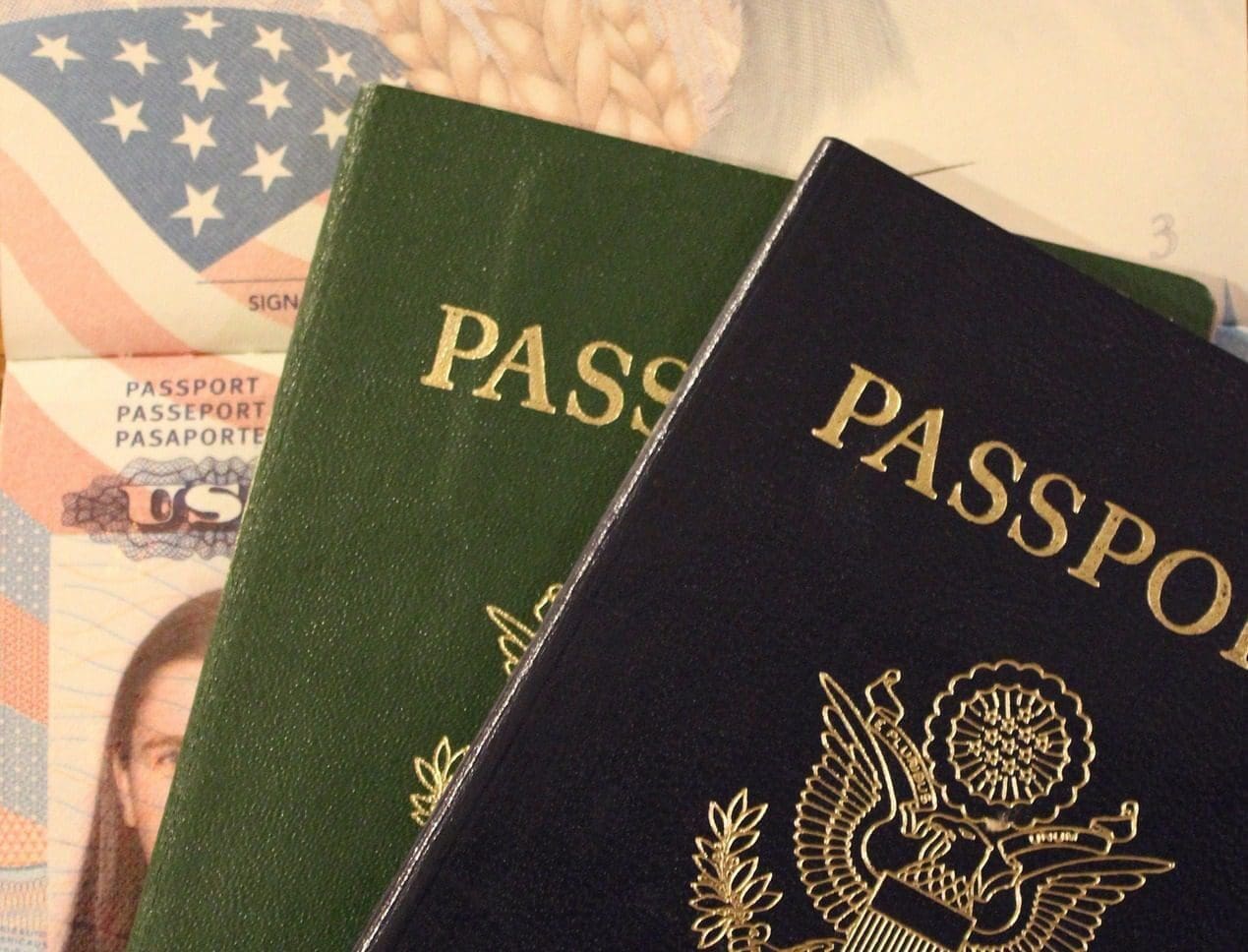As the border crisis continues under the Biden administration, a new report explains how the U.S. could end birthright citizenship for the children of illegal aliens.
The latest report from the Huffines Liberty Foundation examined how birthright citizenship came to be and what it has led to.
“Prior to 1868, no one argued that children born in America to noncitizens automatically became American citizens; however, with the ratification of the Fourteenth Amendment, that changed,” explained authors Don Huffines and Bill Peacock.
In 1898, the U.S. Supreme Court decided that a child born of permanent residents who legally entered the United States was a citizen. Today, this has led to the practice of granting citizenship to the children born of illegal aliens in America.
Huffines and Peacock argue the Fourteenth Amendment does not grant citizenship to everyone born in the U.S.; it’s possible the practice of universal birthright citizenship could be ended without passing a new amendment to the Constitution.
It would take congressional legislation or a presidential executive order to end the practice.
“Perhaps the only certainty in this debate is that if one of these methods is tried, it will wind up in court,” wrote Huffines and Peacock.
They acknowledged that the reason “universal birthright citizenship is a major issue today is because of the uncontrolled mass illegal immigration that is overwhelming the country.”
While Huffines and Peacock argued that legally ending universal birthright citizenship should be pursued, “the best way to restrict it is for America to regain control of its national borders.”





